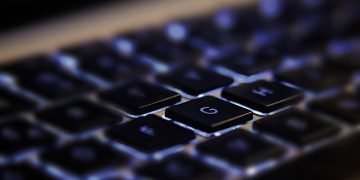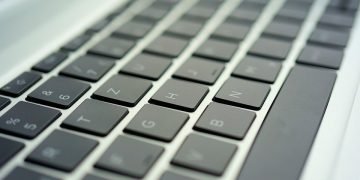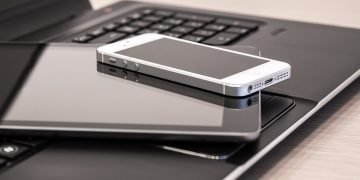Unplugged and Recharged: The Surprising Benefits of a Technology Detox
Technology has become an indispensable part of our lives, with most of us spending hours each day glued to our screens. From smartphones to laptops, tablets to smartwatches, technology surrounds us at every turn. While the digital age has brought us countless conveniences and opportunities, it has also led to a constant state of distraction, stress, and information overload. This is where a technology detox comes in.
What is a Technology Detox?
A technology detox, also known as a digital detox, is a period of time during which you intentionally disconnect from all electronic devices and technology. This means turning off your smartphone, stepping away from your computer, and avoiding screens of any kind. The goal of a technology detox is to give your mind and body a break from the constant stimulation of technology and to reconnect with the world around you.
The Surprising Benefits of a Technology Detox
1. Improved Mental Health
One of the most significant benefits of a technology detox is improved mental health. Constant exposure to screens and the information overload that comes with it can lead to stress, anxiety, and even depression. Taking a break from technology allows your mind to rest and recharge, leading to a calmer and clearer state of mind.
2. Increased Productivity
When you’re constantly checking your email, scrolling through social media, and responding to notifications, it’s easy to get distracted and lose focus. A technology detox can help you break free from these distractions and regain your productivity. By giving your full attention to the task at hand, you’ll be able to work more efficiently and achieve better results.
3. Better Sleep
The blue light emitted by screens can interfere with your body’s natural sleep-wake cycle, making it difficult to fall asleep and stay asleep. By disconnecting from technology before bedtime, you can improve the quality of your sleep and wake up feeling refreshed and rejuvenated.
4. Enhanced Relationships
Constantly checking your phone or laptop can take a toll on your relationships, as it can make you seem distracted and disengaged. By taking a technology detox, you can focus on spending quality time with your loved ones and strengthening your connections with them.
Tips for a Successful Technology Detox
Here are some tips to help you successfully unplug and recharge:
1. Set Boundaries
Establish clear boundaries around when and where you will use technology. For example, you could designate certain times of day as “screen-free” or create technology-free zones in your home.
2. Find Alternative Activities
Replace screen time with activities that promote relaxation and mindfulness, such as reading a book, going for a walk, or practicing yoga. These activities can help you unwind and destress without the need for technology.
3. Stay Accountable
Enlist the support of friends or family members to help you stay accountable during your technology detox. Having someone to check in with and provide encouragement can make it easier to stick to your tech-free goals.
4. Reflect on the Benefits
Take the time to reflect on how you feel during and after your technology detox. Notice any changes in your mood, productivity, and relationships, and use these insights to motivate yourself to continue practicing digital detoxes regularly.
Conclusion
A technology detox may seem daunting at first, but the benefits it can bring to your mental health, productivity, sleep, and relationships make it well worth the effort. By taking the time to unplug and recharge, you can create a healthier and more balanced relationship with technology, allowing you to fully enjoy the world around you.
So, when you start feeling overwhelmed by the constant barrage of notifications and information, consider giving yourself the gift of a technology detox. Your mind, body, and relationships will thank you for it.
Remember, it’s not about completely abandoning technology, but about finding a healthy balance that allows you to thrive in both the digital and physical worlds.
















































